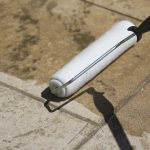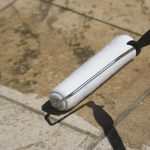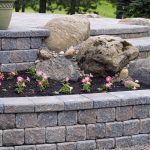Pressure washing or power washing is the popular practice of cleaning using high pressure water spraying. The high-pressure water spraying is achieved by specially designed pumps. This type of cleaning is many times more powerful than the pressure that comes out of a typical garden hose.
If you choose to use on concrete it removes mold and mildew, bubble gum, and other dirt stains. Also, pressure washing can make wooden decks look like new. Pressure washing is commonly used by homeowners and businesses to improve the appearance of their driveway and other signs of neglect.




